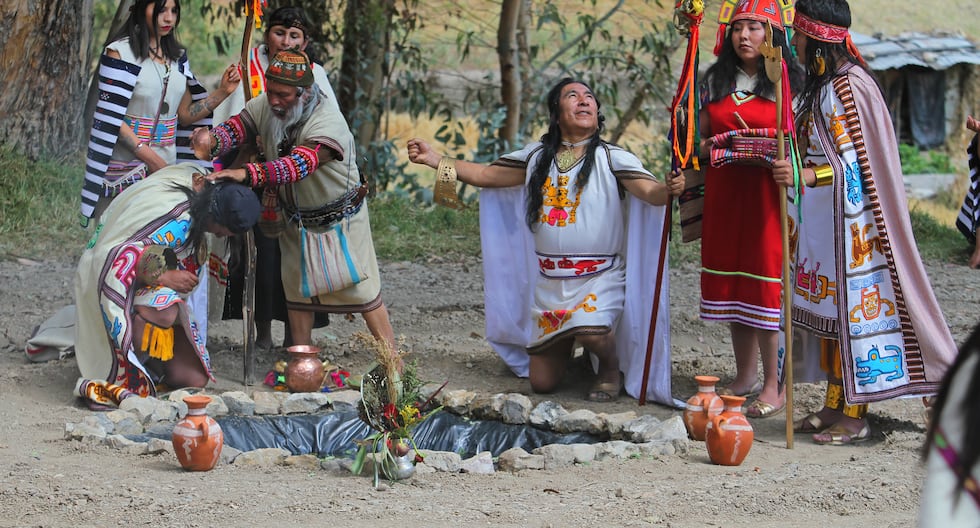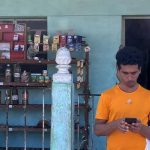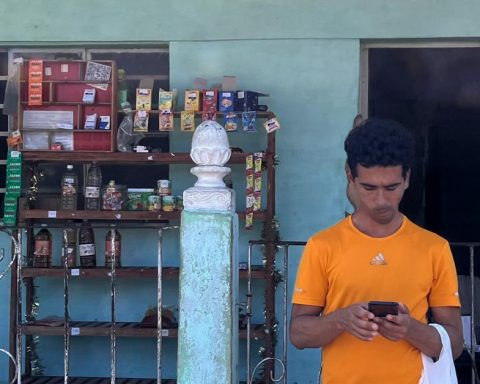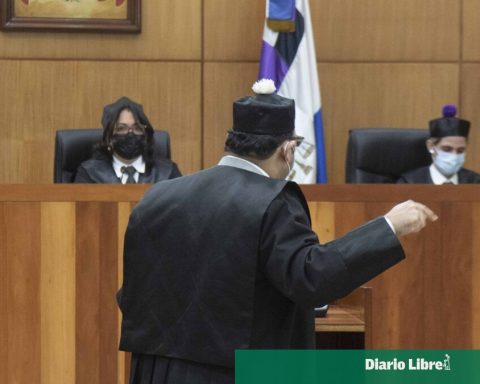Under a radiant sun, hundreds of visitors gathered at the Wariwillka sanctuary, where they enjoyed the traditional pagapu wanka. The ritual that the ancient Wanka inhabitants have practiced since ancient times, to pay homage to the sacred spring that represents the origin of life. An average of 100 actors participated in the traditional ritual. Among them was the mayor of the Huancán district, Franklin Rosales, who seeks to revalue this traditional activity.
LOOK AT THIS: Junín: Correo informs that it is not linked to the delivery of awards to businessmen or officials
Laya Víctor Vilcahuamán mentioned that Warilwilka is a sacred place where the 7 sacred mountains that surround the Mantaro Valley converge.
In addition, worship is rendered to Wanka deities such as Wallallo Karwancho, Mama Pacha, Apu Waytapallana and Pacarina de Wariwillka, in the Wariwillca shrine located in the Huari annex in the Huancán district, six kilometers south of Huancayo.
The ritual at the spring is intended to bring a blessing of rain for the next planting season and for this to be beneficial for our farmers and peasants, who suffer from droughts and frosts.
Laya Víctor Vilcahuamán carried out the purification of Curaca Wanka, who drank water to gain strength and good agricultural production was predicted. Finally, payment was made to the land, with sacred foods such as mashua, potato, corn, among others.
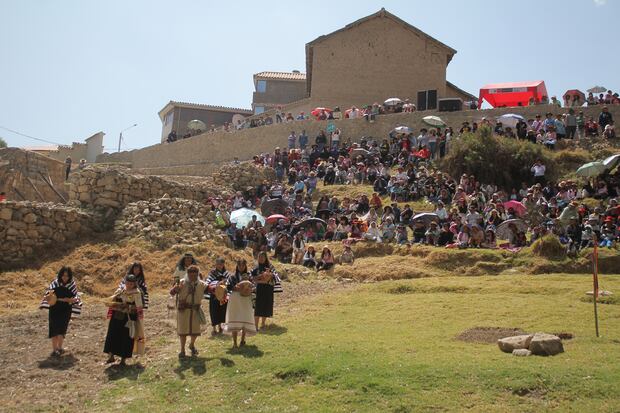
SEE THIS TOO: Visitors ravage pachamanca and carnero at the Yauris 2024 Fair in Huancayo
In the Andean ritual, characters such as the mythical huacones participated, who brought the representation of an offering (dog) as the ancient wankas did.
Also, llamas from Sapalanga entered the sanctuary, bringing the produce they exchange in barter. The inhabitants danced to the rhythm of the llamishada. The Shapish warriors also made their entrance and delighted the visitors with their traditional dance.
The tourists, many of them from Huancayo returning to their town, were excited to participate in the ritual and took photos with the actors and also with the llamas.
